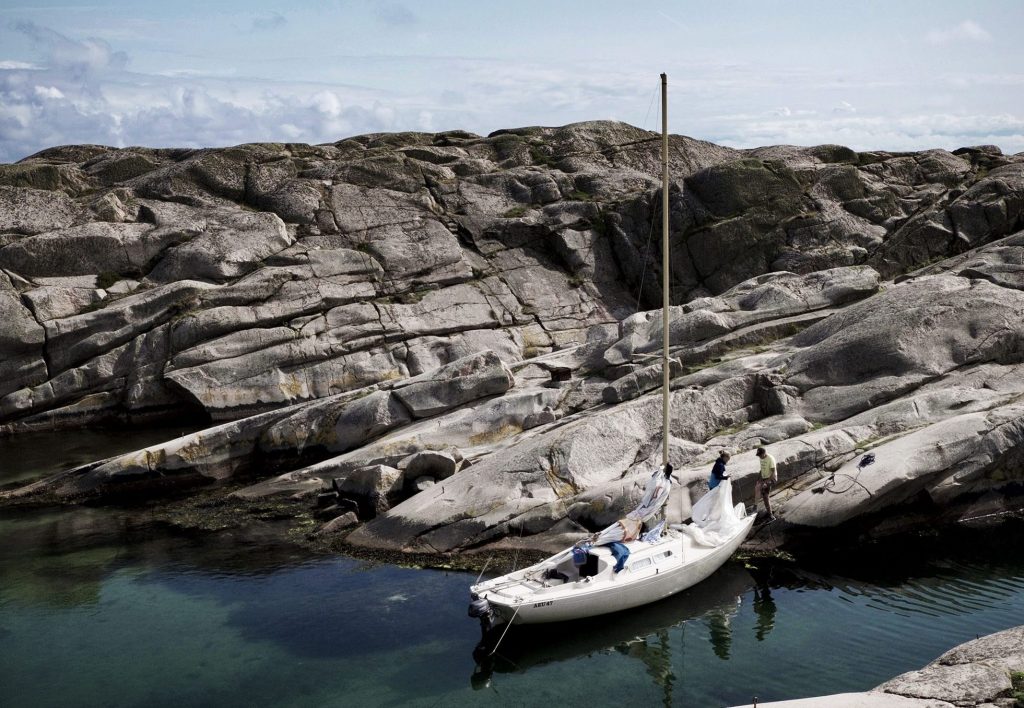Electricity based public transport solutions on the island of Orust in Sweden
Orust Island seeks to become energy neutral by 2020. The municipality is participating in several initiatives, showing good results, and planning to continue working on climate-friendly goals.
One of the projects, a preliminary study “Blue Green Coastal Roads”, was made by the Bohuslän Marin Energy economic Association with the support of “Orust Kretsloppsakademi”.
The results show that there are large environmental gains if the leisure fleet's fossil-powered motors would be replaced with battery-powered electric ones or hybrids. The need for charging infrastructure along coasts is highlighted as an essential part of this paradigm shift to be possible.
An electric test boat and charging station were built, as a result, showing impressive results over the summer time. Now a company called Orust e-boast is marketing new electric boats as well as solutions to turn older boats and smaller ferries into e-boats or e-ferries.
The potential for saving carbon dioxide emissions is great for the categories of recreational boats and coastal fishing boats. According to estimates based on recent statistics presented in the study, there are 285,000 tons of carbon dioxide per year for the recreational boat fleet and 41,300 tons per year for the fishing boat fleet.
As a result of this feasibility study, a private demonstration facility consisting of a marine charging station has been built at Hällevik Yacht Club (HYC) at the Western part of Orust. An electric boat has also been built. The boat has been running, shown and evaluated during last summer with very good results.
Since 2015, Orust municipality is also participating in another initiative where 100% electric buses in the intra-municipal traffic have been implemented together with Lerum municipality. This is in a line with the official environmental policy of these two municipalities and in Orust's case to be energy neutral by 2020.
Orust Municipality, together with Orust Circuit Academy, participated in the "Green Charge Southeast" electric bus demo, where the electric bus is practically tested for 2 weeks in 8 cities around Sweden.
After the tests, Orust Municipality, Fyrbodal Municipal Association and “Green charge southeast” delegates are arguing for the use of electric buses in the near future in an effort to help solve the emission and noise problems.
Keywords: energy neutral, carbon dioxide emissions, electric buses, climate-friendly, Orust, Sweden
